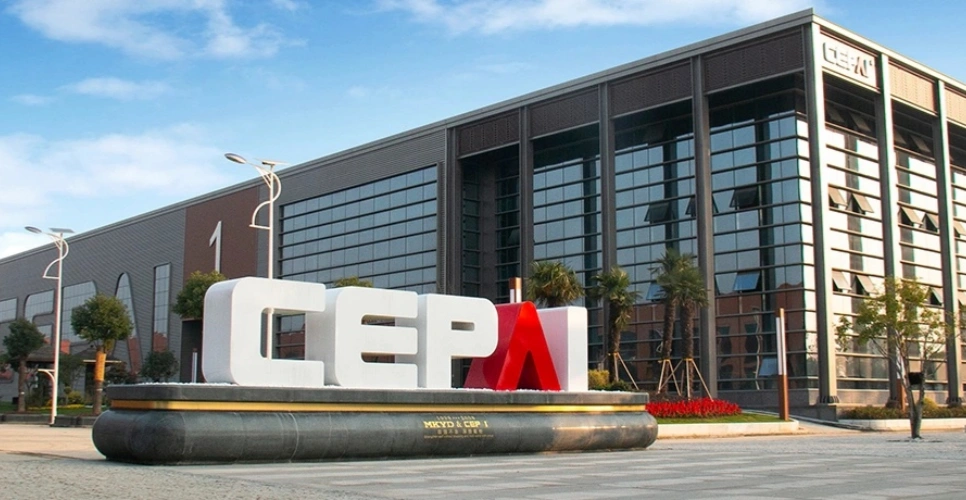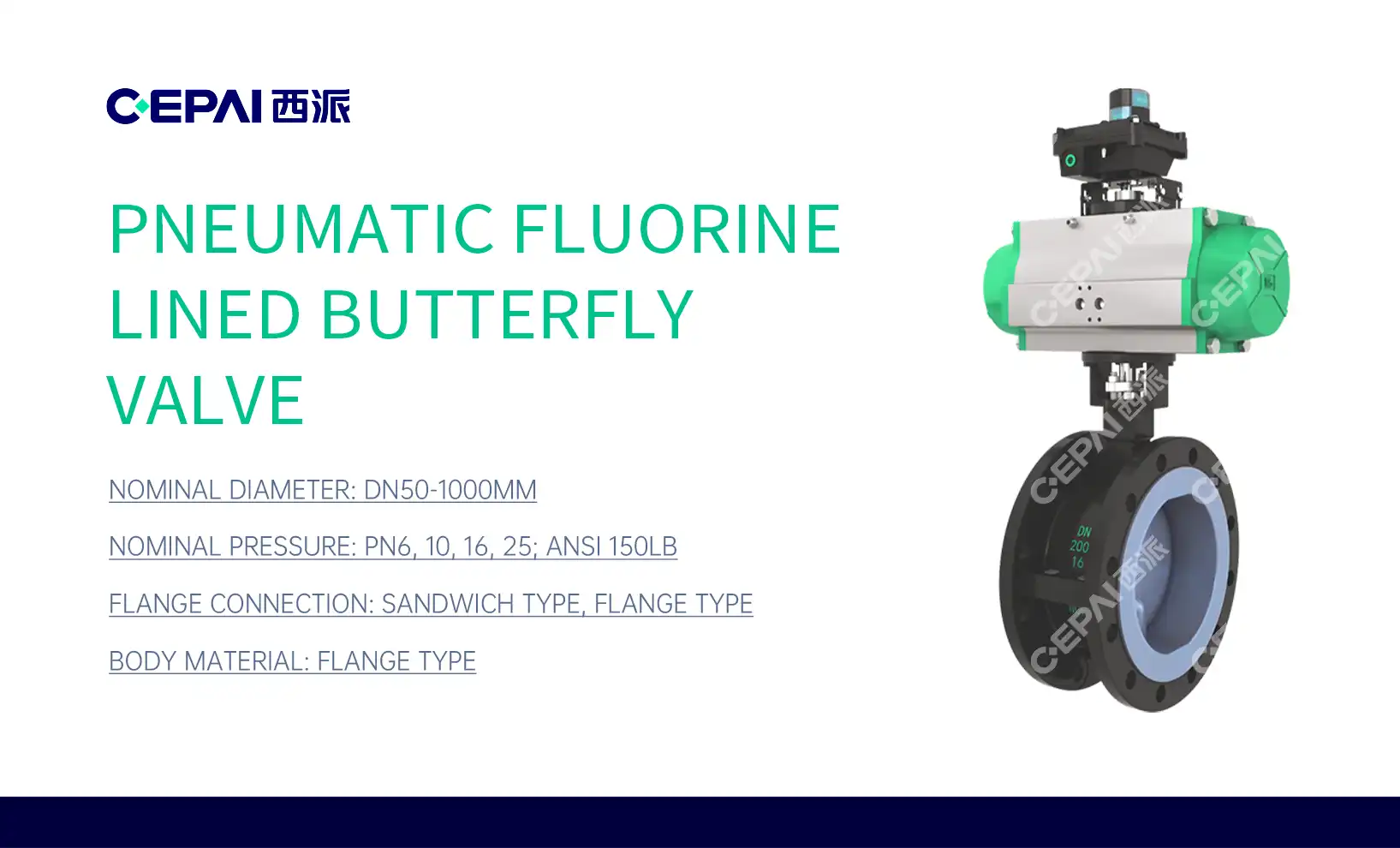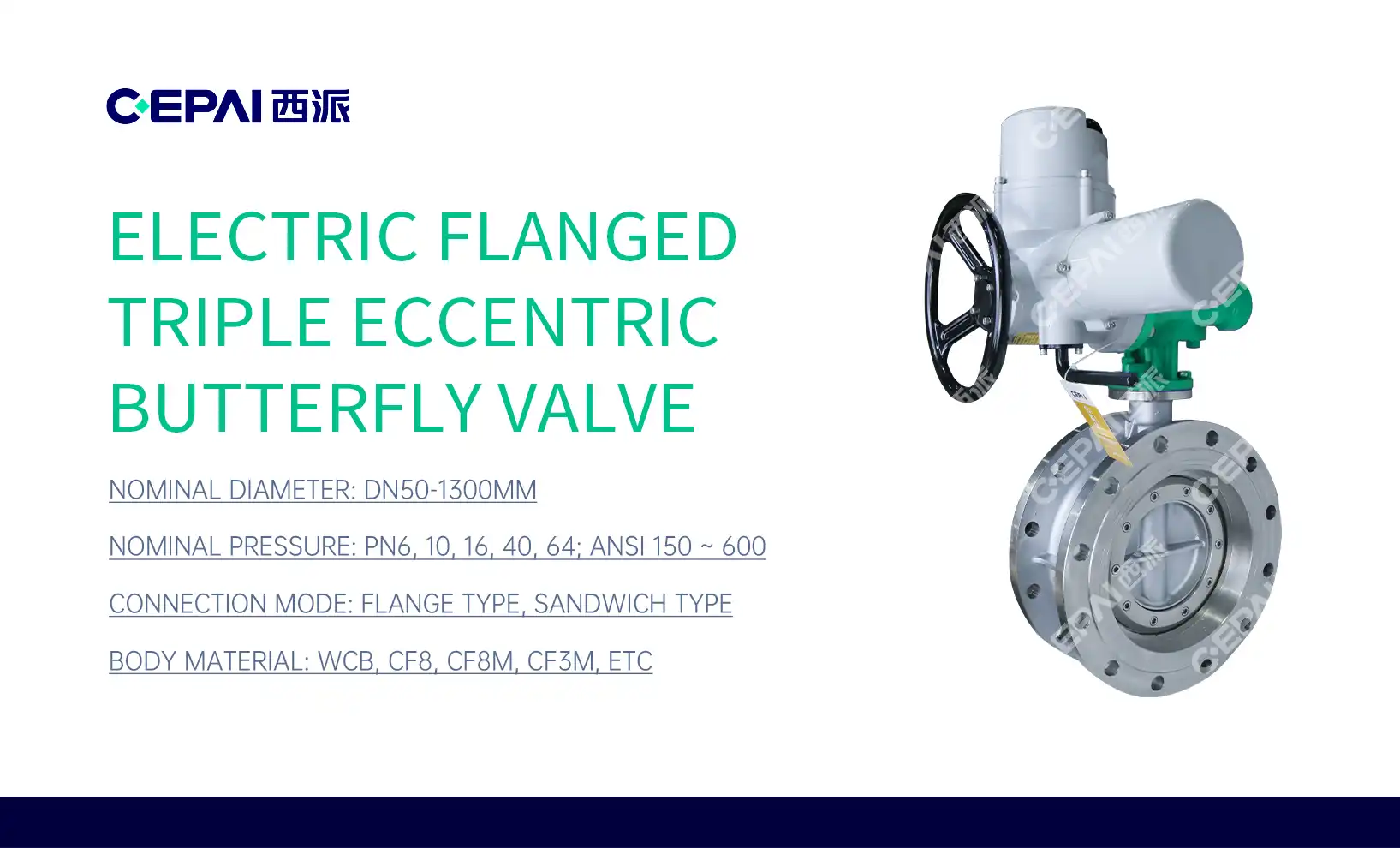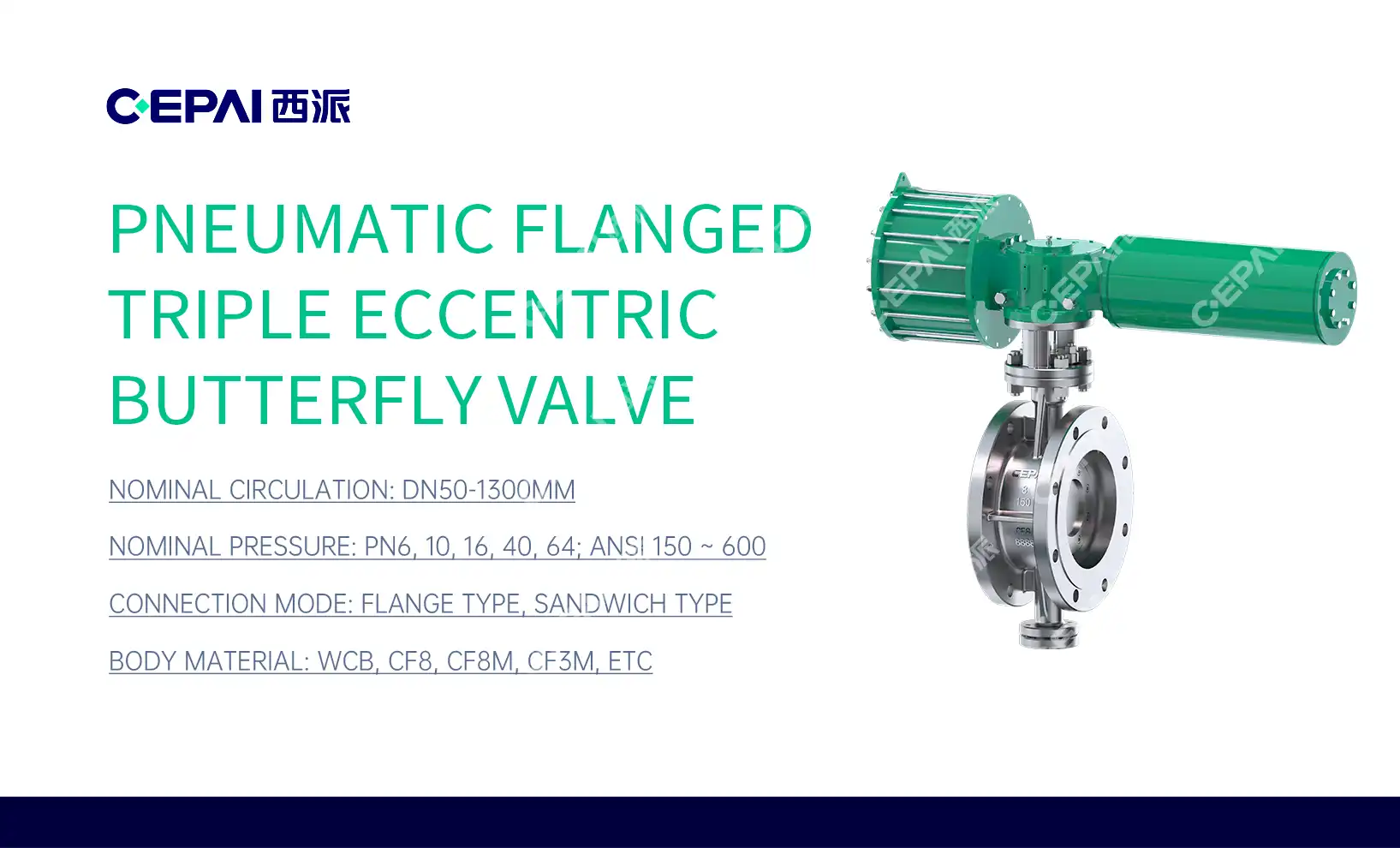Advanced Features of Motorized Ball Valves in Water Treatment
Precision Flow Control
Motorized ball valves excel in providing precise flow control, a crucial aspect of water treatment processes. These valves utilize advanced actuator technology to achieve accurate positioning, allowing for fine-tuned adjustments to flow rates. This level of precision ensures optimal chemical dosing, filtration efficiency, and overall process control in water treatment systems. The ability to maintain consistent flow rates contributes significantly to the quality and effectiveness of water treatment operations, making motorized ball valves an invaluable asset in achieving desired water purity levels.
Remote Operation Capabilities
One of the standout features of motorized ball valves is their remote operation capability. This functionality allows operators to control valve positions from a centralized control room or even off-site locations. Remote operation enhances safety by reducing the need for manual intervention in hazardous areas and improves response times during critical situations. In water treatment facilities, where quick adjustments may be necessary to maintain water quality or respond to system changes, the ability to remotely operate valves proves invaluable. This feature also facilitates the implementation of automated control systems, further streamlining water treatment processes.
Durability and Low Maintenance
Motorized ball valves are engineered for durability, making them well-suited for the demanding environments often found in water treatment facilities. Constructed with high-quality materials resistant to corrosion and wear, these valves can withstand prolonged exposure to various chemicals and contaminants commonly present in water treatment processes. The robust design of motorized ball valves translates to reduced maintenance requirements and extended operational lifespans. This durability not only ensures consistent performance over time but also contributes to lower lifecycle costs for water treatment plants, making them a cost-effective solution for long-term operations.
Integration of Motorized Ball Valves in Automated Water Treatment Systems
Seamless Automation Integration
Motorized ball valves seamlessly integrate into automated water treatment systems, enhancing overall process efficiency. These valves can be easily incorporated into SCADA (Supervisory Control and Data Acquisition) systems, allowing for real-time monitoring and control of valve positions. The compatibility with various communication protocols enables smooth data exchange between valves and control systems, facilitating sophisticated automation strategies. This integration capability allows water treatment facilities to implement advanced control algorithms, optimize resource utilization, and maintain consistent water quality across different treatment stages.
Enhanced Process Control
The integration of motorized ball valves significantly enhances process control in water treatment lines. Their rapid response times and precise positioning capabilities allow for quick adjustments to changing conditions, such as fluctuations in water quality or flow rates. This responsiveness is crucial in maintaining optimal treatment conditions and ensuring compliance with water quality standards. Motorized ball valves enable the implementation of feedback control loops, where valve positions are automatically adjusted based on real-time sensor data, further refining the treatment process and minimizing the need for manual interventions.
Energy Efficiency Improvements
Motorized ball valves contribute to energy efficiency improvements in water treatment systems. Their ability to provide tight shutoff reduces leakage and minimizes unnecessary water flow, leading to reduced pumping requirements and lower energy consumption. The precise flow control offered by these valves allows for optimized operation of pumps and other equipment, further enhancing energy efficiency. Additionally, the remote operation capability of motorized ball valves enables the implementation of energy-saving strategies, such as off-peak operation and load balancing, contributing to overall energy cost reductions in water treatment facilities.
Applications and Benefits in Various Water Treatment Processes
Chemical Dosing Systems
In chemical dosing systems, motorized ball valves play a crucial role in ensuring accurate and controlled addition of treatment chemicals. The precise flow control capabilities of these valves allow for fine-tuned dosing rates, preventing over or under-treatment of water. This accuracy is particularly important when dealing with sensitive chemical reactions or when strict regulatory compliance is required. Motorized ball valves also offer the flexibility to adjust dosing rates in response to changing water quality parameters, ensuring optimal chemical usage and treatment effectiveness. The durability of these valves in handling corrosive chemicals further enhances their suitability for chemical dosing applications in water treatment.
Filtration and Backwash Systems
Motorized ball valves excel in filtration and backwash systems, where reliable and efficient flow control is essential. In filtration processes, these valves regulate the flow of water through various filter media, ensuring optimal filtration rates and pressure differentials. During backwash cycles, motorized ball valves facilitate the reversal of flow direction, effectively removing accumulated contaminants from filter beds. The rapid response and tight shutoff characteristics of these valves contribute to efficient backwash operations, minimizing water usage and downtime. The integration of motorized ball valves in filtration systems also allows for automated sequencing of backwash cycles, optimizing overall system performance and extending filter life.

Distribution and Storage Management
In water distribution and storage management, motorized ball valves offer significant benefits. These valves enable precise control of water flow between storage tanks, treatment stages, and distribution networks. Their remote operation capability allows for efficient management of water levels and pressure in storage facilities, ensuring a stable water supply to end-users. Motorized ball valves also play a crucial role in implementing water conservation strategies by facilitating controlled release and diversion of water based on demand patterns. The durability and low maintenance requirements of these valves make them ideal for long-term deployment in various parts of the water distribution infrastructure, contributing to improved system reliability and reduced operational costs.
Conclusion
Motorized ball valves have proven to be indispensable components in automated water treatment lines, offering a unique combination of precision, reliability, and efficiency. Their advanced features, including precise flow control, remote operation capabilities, and durability, make them ideal for the demanding requirements of modern water treatment processes. The seamless integration of these valves into automated systems enhances overall process control, improves energy efficiency, and ensures consistent water quality. From chemical dosing to filtration and distribution management, motorized ball valves demonstrate their versatility and effectiveness across various applications in water treatment. As water treatment facilities continue to evolve and face new challenges, the role of motorized ball valves in ensuring efficient and reliable operations will undoubtedly grow in importance.
FAQs
1. What is the lifespan of a motorized ball valve in water treatment applications?
The lifespan of a motorized ball valve can vary depending on factors such as usage, maintenance, and environmental conditions. Generally, high-quality motorized ball valves can last 10-15 years or more with proper maintenance.
2. Can motorized ball valves handle both clean and wastewater applications?
Yes, motorized ball valves can be designed to handle both clean and wastewater applications. The choice of materials and specific design features will depend on the particular requirements of each application.
3. How do motorized ball valves contribute to water conservation efforts?
Motorized ball valves contribute to water conservation through precise flow control, minimizing leakage, and enabling automated systems that can optimize water usage based on real-time demand and conditions.
Expert Valve Solutions for Water Treatment | CEPAI
At CEPAI Group Co., Ltd., we specialize in providing high-quality motorized ball valves and other valve solutions for the water treatment industry. As a leading manufacturer and supplier, we offer innovative products that meet the highest standards of performance and reliability. Our expertise in valve technology, combined with our commitment to continuous innovation, positions us as a trusted partner for water treatment facilities worldwide. For expert advice on selecting the right motorized ball valve for your specific application or to learn more about our products, contact us at cepai@cepai.com.

References
Johnson, A. R. (2022). Advanced Valve Technologies in Water Treatment Systems. Water Engineering Journal, 45(3), 178-192.
Smith, B. L., & Davis, C. K. (2021). Automation Strategies for Modern Water Treatment Facilities. Environmental Technology Review, 33(2), 245-260.
Thompson, E. M., et al. (2023). Energy Efficiency Improvements in Water Treatment: The Role of Smart Valves. Journal of Sustainable Water Management, 18(4), 412-428.
Wilson, R. J. (2022). Integrated Control Systems for Water Quality Management. Water Science and Technology, 86(1-2), 67-82.
Brown, L. H., & Green, S. P. (2021). Advancements in Chemical Dosing Technologies for Water Treatment. Chemical Engineering Progress, 117(8), 45-53.
Taylor, M. N. (2023). Optimizing Filtration and Backwash Processes in Municipal Water Treatment. Water Research and Technology, 9(3), 301-315.





